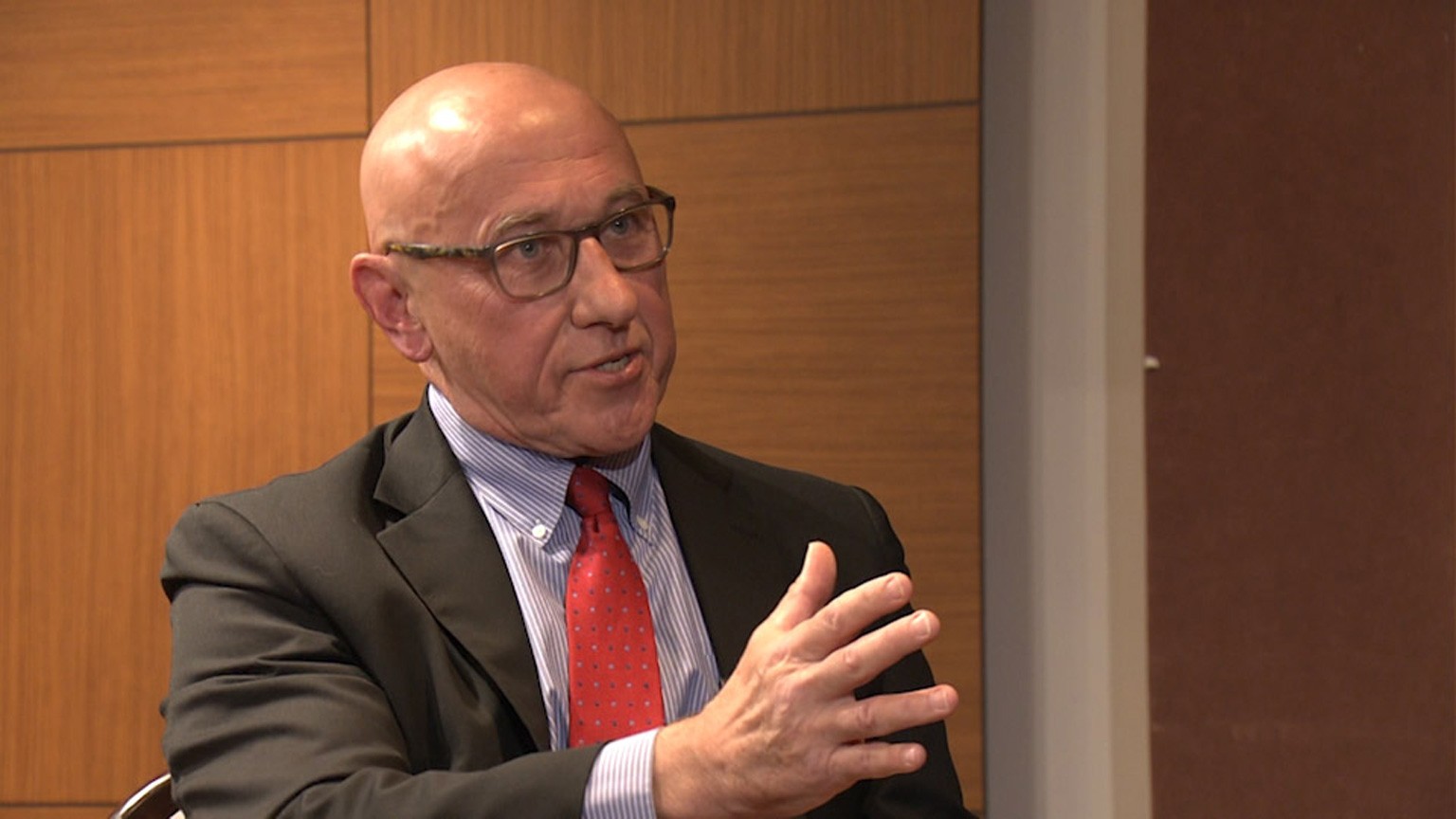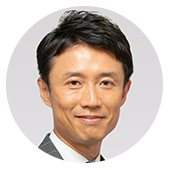Describing the brutal tactics used by the military junta in an April interview with NHK, UN Rapporteur Tom Andrews painted a stark picture. "It's a matter of not only attacking villages, killing people," he said, "but to strike fear into the hearts of the people of Myanmar in the hopes that they'll want to give up their opposition out of that fear."
In the same month, a village in the northwestern Sagaing region was hit by military airstrikes that left at least 168 people dead.
NHK obtained a video filmed by a villager that captures the sounds of the attack. According to weaponry analyst Leone Hadavi, the peculiar rate of fire suggests a GSh-2-30K cannon was being fired: this weapon is the standard main armament on the Mi35P, the export version of Russia's Mi-24P, a combat helicopter operated by the Myanmar Air Force.
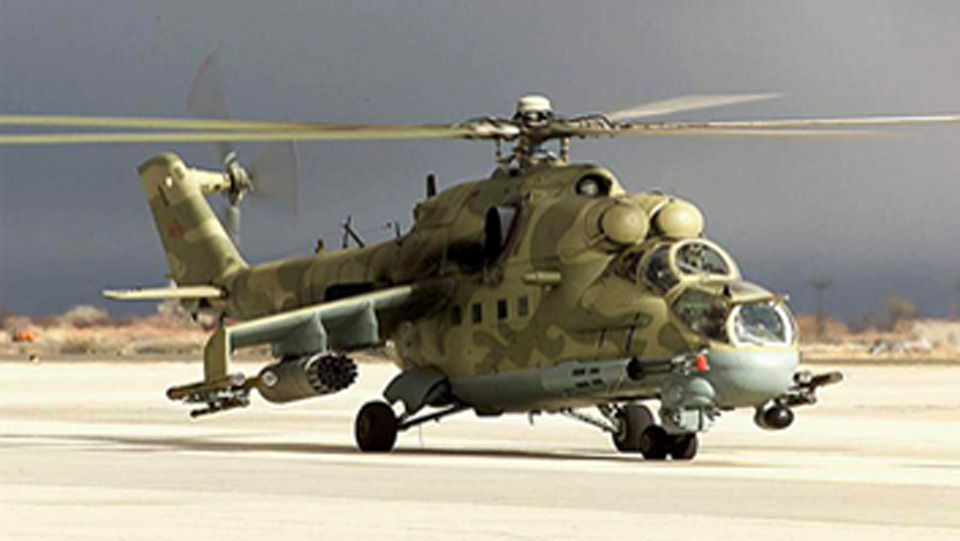
※Source: Russian Ministry of Defence website
Reducing the junta's access to arms
In May, Andrews released a report in which he said the junta has imported at least one billion dollars' worth of arms and raw materials to manufacture weapons since the coup. The report details transactions with companies and networks in Russia, China, Singapore, India and Thailand.
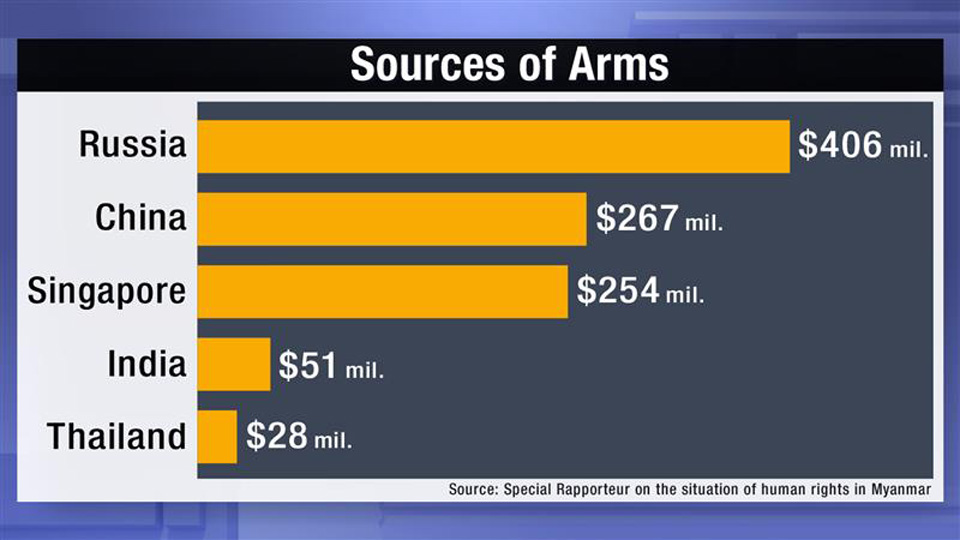
"If we can eliminate the resources that are being used to purchase weapons from the rest of the world, we can make a significant dent in the capacity of this military junta to assault the people," says Andrews. He has urged Tokyo to impose so-called targeted sanctions against the junta.
Japan's approach
Japan is the only G7 nation that has not imposed sanctions against the junta since the 2021 coup. It is one of the largest donors and investors in Myanmar. When Myanmar started moving towards civilian rule in 2011, Tokyo resumed disbursements of Official Development Assistance, or ODA, to the country.
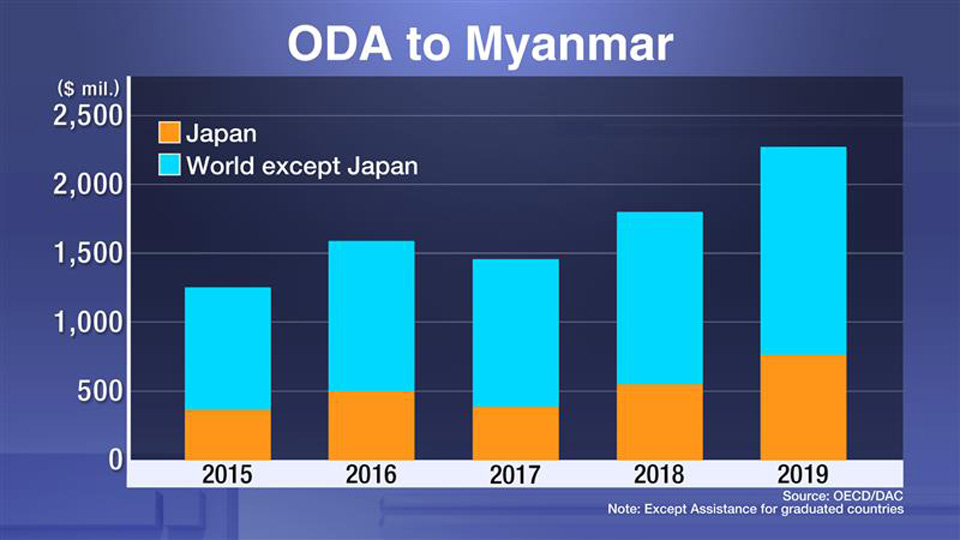
After the coup, Japan suspended all new ODA projects, but it has continued those that were already underway. In April, the military announced that one of those projects was more than 75% complete. It's a bridge connecting the nation's largest city, Yangon, with a Japan-affiliated special economic zone on the outskirts of the metropolis.
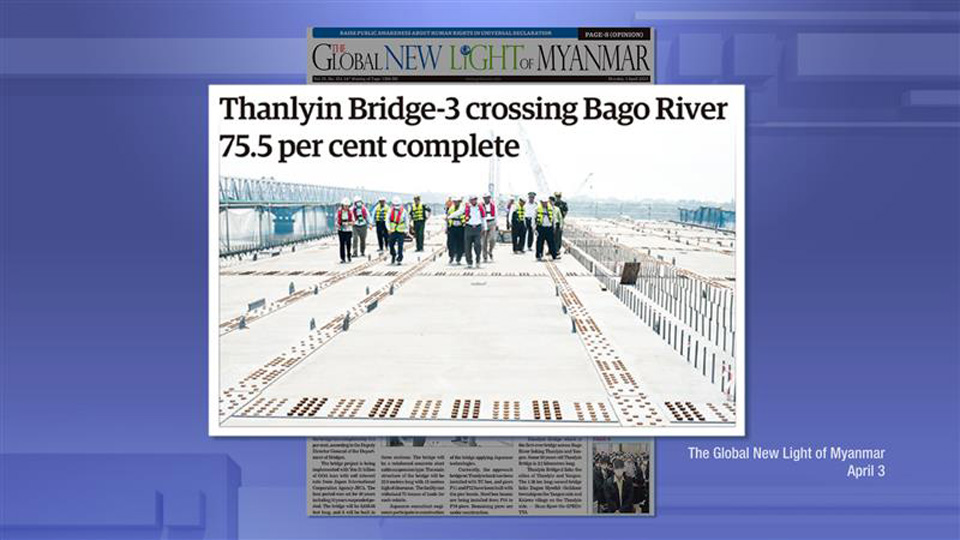
The Japanese government's position has made it a target for criticism from various sources, including people within Myanmar. "Are they helping? Or are they hurting the people of Myanmar? I think that's the kind of analysis that has to be conducted," Andrews says.
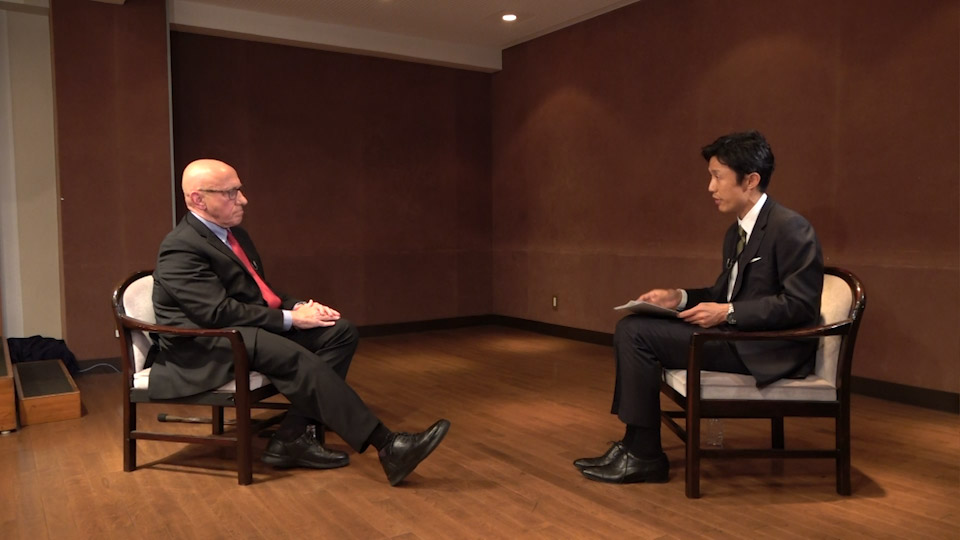
NHK World asked Japan's Ministry of Foreign Affairs about its view of the ongoing ODA projects. In its written response, the ministry says "the projects aim to contribute to the improvement of people's living standards and economic development, and respond to humanitarian needs. They are not directly supporting the military. That's why Tokyo has not taken any steps to stop them immediately."
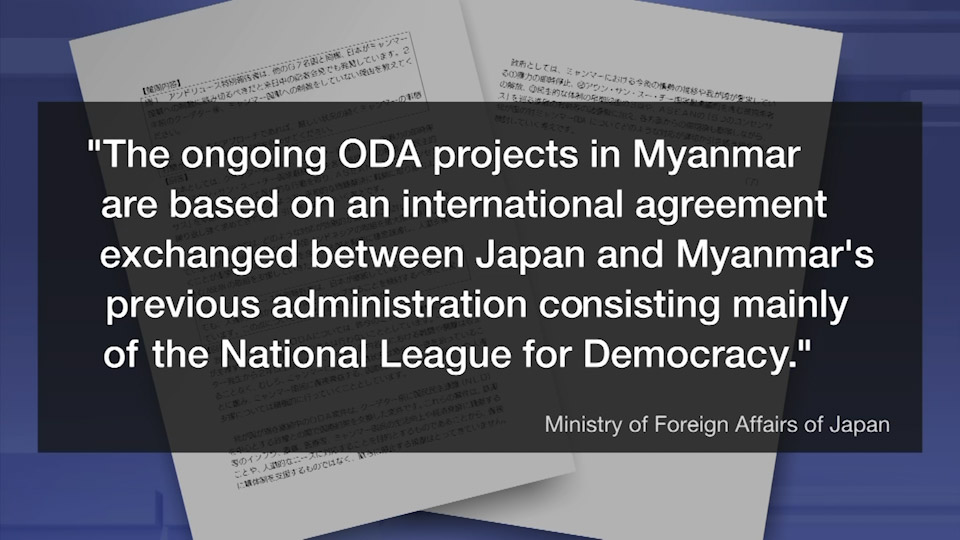
Some experts argue that sanctions are not effective in such circumstances. Kyoto University Associate Professor Nakanishi Yoshihiro points to North Korea as an example of economic and other penalties that fail to bite.
"Despite sanctions in which Russia and China are taking part, North Korea has continued developing weapons," he notes. "As long as the international community respects the sovereignty of a targeted country, it's hard to see sanctions bringing about regime change like democratization, no matter how coordinated they are. On the contrary, the heavy sanctions could even worsen the lives of ordinary people."
Nakanishi points out that Japan is one of the few countries that has maintained ties with both the military junta and pro-democracy camps in Myanmar. He says that Tokyo has sent experts to various government organizations in the country to train government officers and help boost economic development, meaning Tokyo retains some influence in Myanmar.
"If Japan imposes sanctions against the junta and distances itself, who will fill the vacuum?" he asks. "It would be natural for the junta to lean toward other influential countries like China and Russia and this would mean that the prospect of a return to democracy recedes even further."
Japan's Foreign Ministry commented on the role of the Association of Southeast Asian Nations, of which Myanmar is a member, in its written response, saying "It's important to support, as much as possible, the measures on Myanmar taken by ASEAN countries and the Indonesian government, as the chair of ASEAN."
Nakanishi argues that Tokyo could take more of a leadership role for a new diplomatic approach while maintaining a stance of not recognizing the military coup as legitimate. "Japan remains a big power in the region. Just leaving ASEAN to solve the problem suggests a certain degree of disengagement. Tokyo should lay out a set of recommendations of its own if it is not going to impose sanctions," he says.
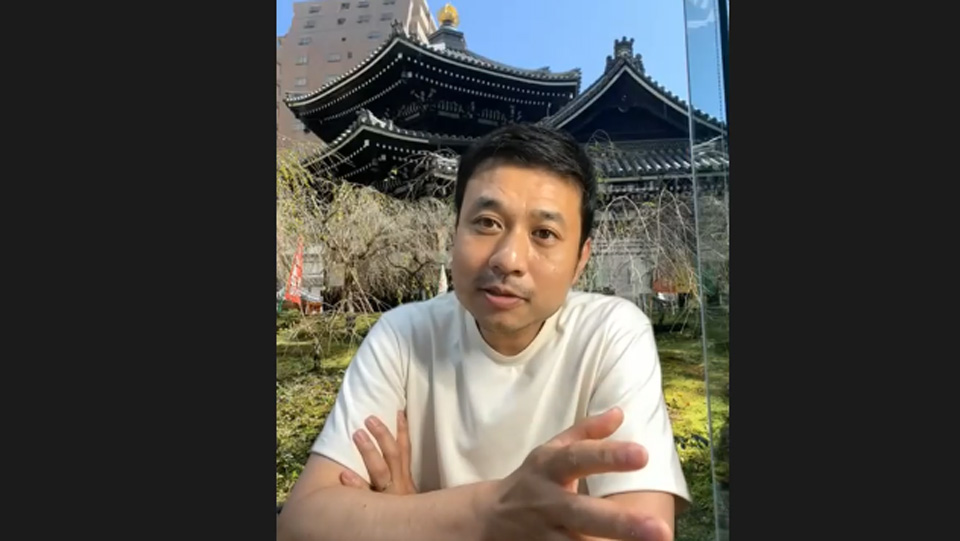
Failing to come together
Tom Andrews points out that even among those countries that have imposed sanctions, there is a lack of coordination. His May report says that in arms-trade sanctions rolled out by the US, the UK, the EU and Canada, only 24% of sanctioned entities had been targeted by all four. Andrews points out there is still much room for improvement.
When NHK World interviewed him in April, Andrews emphasized that Myanmar's neighbors and other countries in the so-called Global South have a role to play.
"For a country like India or any of the countries that neighbor Myanmar, it is in their interest to try and stop these atrocities from happening because it has a very destabilizing effect in the entire region."
But things do not seem to be moving in the direction he hoped. On June 19, Thailand hosted informal foreign minister-level talks to discuss the conflict. Bangkok invited Myanmar's junta-appointed foreign minister, Than Swe, as well as officials from China and India. But representatives from Indonesia, current ASEAN chair, Malaysia and Singapore were absent.
Andrews spoke to reporters after the gathering in Jakarta, saying that such talks could help legitimize the junta, and stressed the need to look at every possible means of ending what he described as a deadly stalemate.
Whatever confusion there is on the political level, it is certain that the people of Myanmar are hoping the international community will come together soon to bring an end to their suffering.
